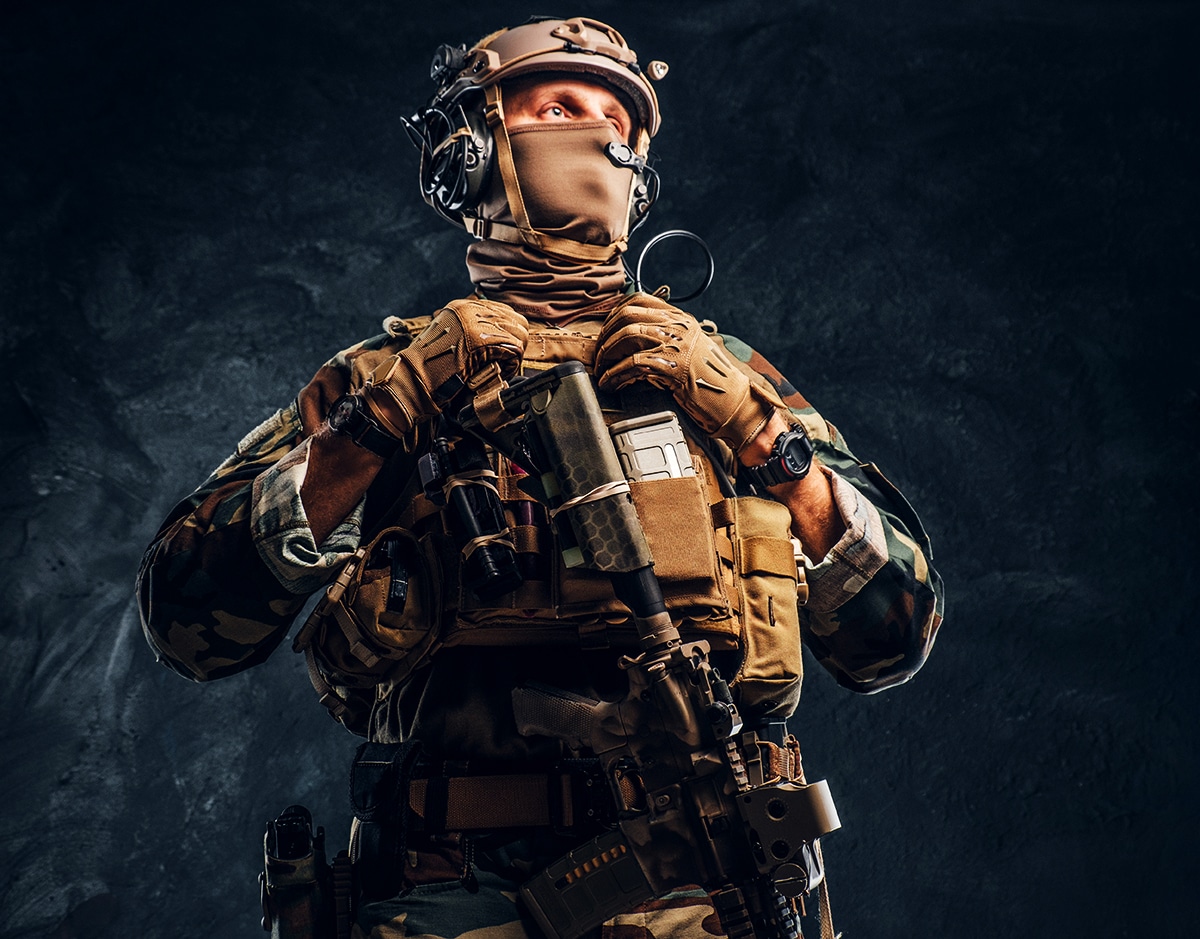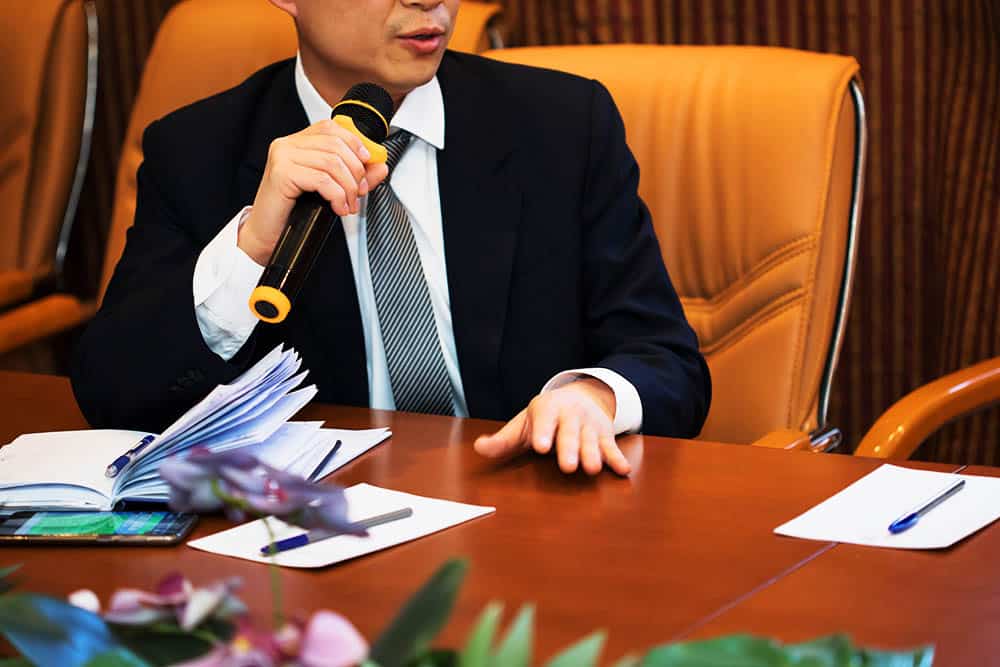The Vital Role of State Department in Diplomacy and Security
The importance of state departments cannot be overstated in the world of diplomacy and security. These departments play a crucial role in protecting national interests and ensuring international stability. The United States’ State Department, for instance, has been an instrumental player in American diplomacy, and its initiatives have contributed significantly to global peace and security. In this article, we’ll explore the critical role state departments play in diplomacy and security, the challenges they face, and how to improve their effectiveness.
The Role of State Departments in Diplomacy and Security
State departments play an essential role in promoting diplomatic relations between nations across the globe. They act as the primary voice for governments and negotiate treaties, manage relations between governments, and offer advice on foreign policy. State departments also handle diplomatic visas, process passports, and host international negotiations on behalf of the government they represent.
The diplomatic work of state departments includes building personal relationships with foreign officials, including those who may not be friendly to their respective country’s government. Personal relationships can pave the way for communication and negotiation and help resolve conflicts peacefully. Good diplomatic relations can also open up opportunities for cooperation on various issues, from trade policies to military affairs.
State departments also play a critical role in promoting international security. One of their primary responsibilities is to provide intelligence on matters related to national and international security. They work with intelligence agencies to monitor and assess threats around the world, identify areas where intervention might be required, and provide advice on what course of action to take. This involves collecting, analyzing, and interpreting a vast amount of information, ranging from global threats to regional conflicts.
The Challenges Facing State Departments
Despite their importance and critical role in diplomacy and security, state departments face several challenges. Funding is a significant issue for most state departments. Governments are often more inclined to invest in military capabilities than diplomacy and foreign aid, even though diplomacy and foreign aid can help prevent conflicts and lead to more stable societies. This under-investment in diplomacy can leave state departments ill-equipped to carry out their duties, ultimately resulting in weak diplomatic relations that can negatively impact national security.
Another challenge state departments face is the destabilizing effects of globalization. The increasing movement of people, goods, and technology worldwide means that more actors, including non-state actors, are involved in shaping foreign policy decisions. This can make it harder for state departments to manage their relationships with foreign entities. Simultaneously, the rise of non-state actors such as terrorist groups and cybercriminals means that state departments have to stay alert to new security risks and ensure they have the resources and capacity to respond to emerging threats.
Improving the Effectiveness of State Departments
Despite these challenges, there are steps that governments and state departments can take to improve their effectiveness. One key area is funding. Governments need to recognize the importance of diplomacy and foreign aid in promoting stability and preventing conflict. Allocating more resources to state departments can help them build better relations with foreign governments and improve their ability to provide intelligence and assessments on global security threats.
Another important step is focusing on capacity-building. State departments should invest in professional development and training programs for staff to ensure they have the skills and expertise needed to navigate complex international relations. Additionally, state departments should integrate technology more fully into their work. They should use social media and other digital channels to engage with foreign governments, citizens, and stakeholders to build relationships and increase transparency.
Finally, state departments should look for ways to partner with other organizations, both within and outside the government. They can work with international organizations such as the United Nations or regional bodies such as the European Union to promote international cooperation and provide a more robust collective response to security threats. By working with non-governmental organizations, academia, and other stakeholders, state departments can also draw on a broader range of expertise to address the global challenges we face.
Summary
State departments play a vital role in diplomacy and security, building relationships between nations and providing intelligence and analysis on global security threats. However, they face several challenges, including under-investment in resources and the destabilizing effects of globalization. To overcome these challenges, governments need to invest in state departments, improve capacity-building, integrate technology and seek partnerships with other organizations. State departments are critical players in ensuring international stability and security, and we must continue to support them in their vital work.




